Camping vs. Tented Camps vs. Lodges: What’s Right for Your Budget?
Did you know the Serengeti National Park has many places to stay? From simple campsites to fancy lodges, you have lots of choices for your wildlife adventure. There are 8 public campsites, 12 luxury tented camps, and 5 lodges.
Deciding where to stay on your African Safari can be tough. Your budget plays a big role. The place you choose can change your whole trip.
Do you want to camp under the stars or enjoy luxury? Knowing the differences between camping, tented camps, and lodges is key. We’ll look at these options to help you pick the best one for your budget. This way, you can have a memorable safari tour.
Understanding African Safaris and Accommodations
An African safari vacation is a top adventure, letting you see amazing wildlife in their homes. Safaris in places like Tanzania are very popular. They offer stunning views and a wide range of animals.
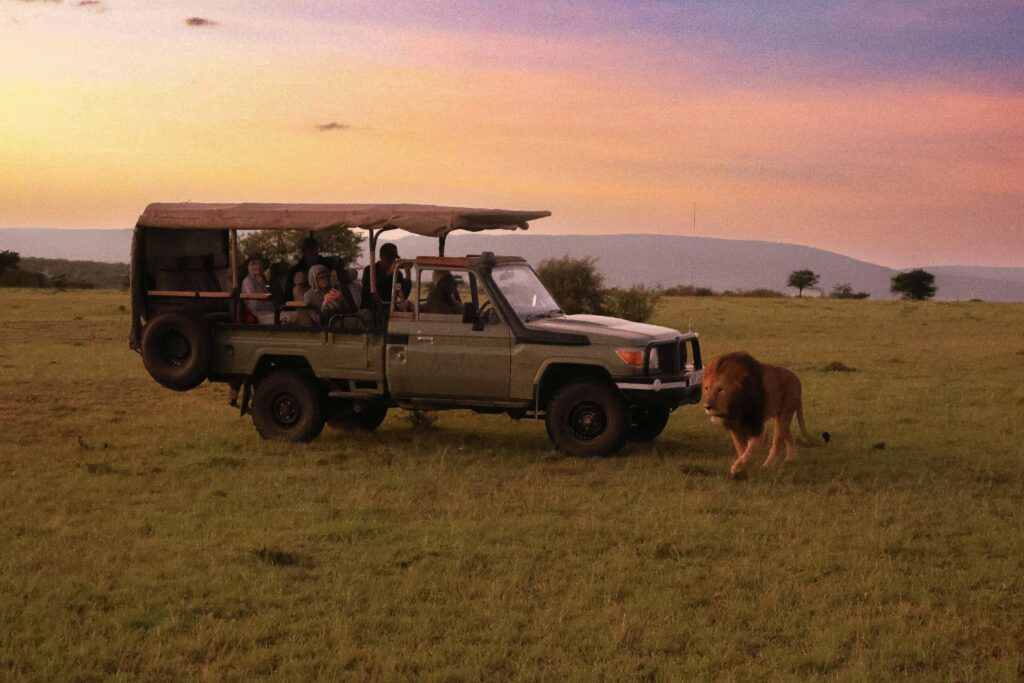
Overview of African Safari Experiences
African safaris are a special way to see the continent’s beauty. You can see the Great Migration or the Big Five. Or just enjoy the peaceful landscapes. There’s something for everyone, whether in South Africa or Kenya.
What makes an African safari special is connecting with nature. It’s not just about animals. It’s also about the people and their culture. Safaris let you meet locals, learn about their traditions, and see how they protect nature.
Types of Safari Adventures
There are many safari types, for different likes and needs. You might go on a guided tour, where guides show you the wild. Or a self-drive safari, where you explore at your own speed.
- Guided safaris offer expert insights into the wildlife and ecosystems.
- Self-drive safaris provide flexibility and the opportunity to venture off the beaten path.
- Walking safaris allow for a more intimate experience with nature, often accompanied by armed guides.
- Photographic safaris focus on capturing the beauty of the landscapes and wildlife.
Every safari type gives a different view of the African wild. Whether you want excitement, calm, or learning, there’s a safari for you.
The Camping Experience on Safari
For the adventurous traveler, a camping safari is a unique chance to dive into the African wilderness. Camping on a Tanzania safari lets you get up close to nature. You’ll hear the wild sounds at night and wake up to a new day of fun.
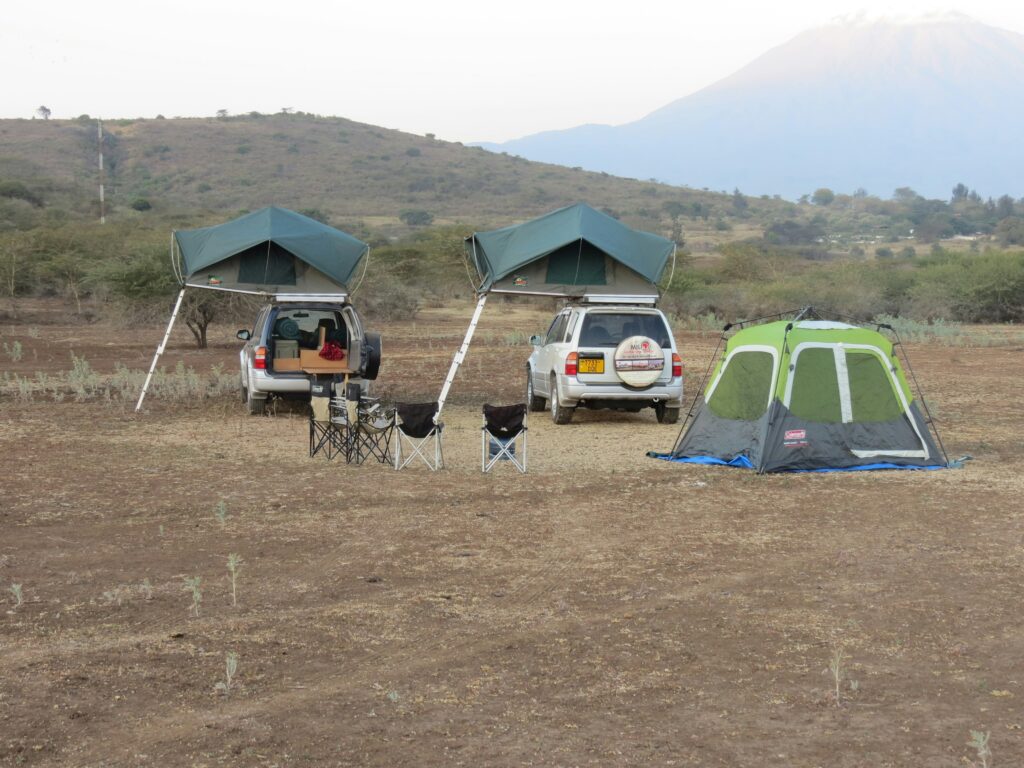
Benefits of Traditional Camping
Traditional camping on safari has many perks. It’s a budget-friendly way to explore the wild, with prices starting at $30 per person per night. It’s perfect for those watching their budget. Plus, it offers a real connection with nature, giving you a true safari feel.
- Immersive experience in nature
- Cost-effective
- Flexibility in itinerary
Essential Camping Gear for Safaris
To camp comfortably and safely on your safari packages, you need the right gear. You’ll need a strong tent, a good sleeping bag, a camping stove, and clothes for the weather.
| Gear | Description | Importance Level |
|---|---|---|
| Tent | Sturdy, waterproof, and spacious | High |
| Sleeping Bag | Insulated and suitable for low temperatures | High |
| Camping Stove | Portable and fuel-efficient | Medium |
Safety Tips for Camping in the Wild
When camping on a safari, safety is key. Always stay far from animals, and make sure your camp is fenced. It’s smart to carry a first-aid kit and know how to use it.
- Keep a safe distance from wildlife
- Secure your campsite
- Carry a first-aid kit
By following these tips and being ready, you can have a safe and fun camping trip on your Tanzania safari. Whether you’re after adventure or a nature connection, camping on safari is unforgettable.
Tented Camps: The Middle Ground
If you’re unsure between camping’s thrill and a lodge’s luxury, tented camps are a great choice. They mix adventure with comfort, appealing to those wanting a balanced safari experience.
Advantages of Tented Camps
Tented camps offer many benefits. They let you enjoy nature while staying comfortable. You can expect:
- Comfortable Accommodations: Spacious, well-furnished tents with comfy beds and private bathrooms.
- Guided Experiences: Skilled guides lead luxury safari experiences and share knowledge about local wildlife.
- Community and Safety: Being part of a camp community adds camaraderie and safety.
What to Expect in Tented Accommodations
At a tented camp, you’ll find many amenities that make your safari tours better. These include:
| Amenity | Description |
|---|---|
| Comfortable Tents | Large tents with comfy beds and private bathrooms. |
| Dining Experience | Delicious meals by camp chefs, often under the stars. |
| Guided Tours | Expert guides for safaris and wildlife insights. |
Comparing Tented Camps to Camping
Tented camps are different from traditional camping. While camping is rugged and isolated, tented camps are more comfortable and convenient. Here’s how they compare:
| Feature | Tented Camps | Traditional Camping |
|---|---|---|
| Accommodation | Luxurious tents with real beds and private bathrooms. | Basic tents or personal camping gear. |
| Price Range | $150-$200 per person per night. | Lower costs for basic camping. |
| Services | Includes guided tours, meals, and camp management. | Self-catering and self-guided. |
Tented camps cost between $150 to $200 per person per night. They offer a mid-range option that balances cost and quality. Whether you seek luxury safari experiences or a more comfortable safari tour, tented camps are a good choice.
Luxury Lodges: The Premium Option
Going on a South Africa safari is unforgettable when you stay at a luxury lodge. Every detail is made for your comfort and fun. These lodges mix the excitement of the wild with home comforts, perfect for a top-notch safari experience.
Features of Luxury Lodges
Luxury lodges are known for their amazing amenities and services. You’ll find large, stylish rooms with private decks or viewing areas. These spots let you watch the wildlife up close.
Many lodges offer fine dining experiences with meals made from local ingredients. They also have activities like guided game drives and relaxing spa treatments. This makes your stay both exciting and calming.
Pricing for Lodges vs. Other Accommodations
Staying at a luxury lodge costs between $300 to $1500 per person per night. It’s pricier than camping or tented camps. But, many lodges offer all-inclusive packages, making it easier and less stressful.
When looking at prices, think about what’s included. This includes meals, activities, and guided tours. It helps you see the real value of your stay.
Why Choose a Lodge for Your Safari?
Choosing a luxury lodge for your safari has many benefits. You get top comfort and service, plus expert guides and unique safari experiences. Lodges are also in the best wildlife areas, giving you unparalleled opportunities for game viewing and nature immersion.
Whether it’s a special occasion or just a luxurious getaway, a luxury lodge is a great choice for your South Africa safari or wildlife adventure.
Budgeting for Your Safari Trip
Planning a safari vacation means you need to budget well. The cost can change a lot, depending on where you stay and what you do.
Understanding the Cost Variation
The price of a Kenya safari or any safari can change a lot. This depends on when you go, where you stay, and what you do. Luxury lodges offer top-notch services but cost more.
Camping safaris are cheaper but need careful planning. You’ll need to think about gear and safety costs.
Hidden Costs to Consider
When planning your safari, think about more than just the initial costs. There are hidden costs that can add up fast.
- Transportation to and from the safari location
- Optional activities and excursions
- Tips and gratuities for guides and staff
- Any additional gear or equipment you might need
Setting a Realistic Budget
To set a realistic budget for your safari, start by looking up average costs. Check what your chosen stay and activities cost.
Talk to tour operators or travel agents who know safaris. They can give you a better idea of what to expect.
| Accommodation Type | Average Cost per Night | Inclusions |
|---|---|---|
| Camping | $20-$50 | Basic camping gear, meals |
| Tented Camps | $100-$300 | Luxury tents, meals, guided tours |
| Luxury Lodges | $500-$1000 | Luxury accommodations, fine dining, guided tours, amenities |
Making a Choice Based on Experience
Planning your Tanzania safari means picking the right place to stay. Each traveler has unique needs, and there’s a wide range of options. Whether you’re with family, traveling solo, or on a romantic trip, knowing your choices is key.
Family-Friendly Options in Each Category
Families have many options for safari stays. Camping offers a fun, adventurous vibe with family-friendly spots. Tented camps mix comfort with nature. Luxury lodges have the most comfort, with pools and kids’ clubs.
| Accommodation Type | Family-Friendly Features |
|---|---|
| Camping | Basic facilities, adventurous experience |
| Tented Camps | Comfortable tents, natural surroundings |
| Luxury Lodges | Pools, kids’ clubs, high comfort level |
Solo Traveler Preferences
Solo travelers seek safety, community, and unique experiences. Many tented camps and luxury lodges are great for solo travelers. They offer guided tours and communal dining.
Solo traveler tips: Look for lodges or camps with guided tours and communal activities to enhance your experience.
Romantic Getaways on Safari
A safari can be a romantic adventure for couples. Luxury lodges offer the most romantic settings, with private villas and candlelit dinners. Some tented camps also have luxurious tent options for couples.
Romantic safari tips: Consider booking a private villa or a luxury tent for a more intimate experience.
Your choice of accommodation depends on your preferences and what you want from your safari. By considering your needs and exploring options, you can find the perfect place for your next adventure.
Environmental Considerations
African safaris are beautiful but come with a big responsibility. You must protect the natural habitats you’re exploring. When planning your wildlife adventure, think about the environmental impact of where you stay.
Eco-Friendly Practices in Camps and Lodges
Many safari operators are now using eco-friendly methods. They use solar power to cut down on fossil fuel use. They also have recycling programs and manage waste sustainably.
Some lodges build with local materials to cut down on carbon emissions. Others save water by harvesting rain and reusing greywater.
| Eco-Friendly Practice | Impact | Benefit |
|---|---|---|
| Solar Power | Reduces fossil fuel use | Lowers carbon emissions |
| Recycling Programs | Minimizes waste | Conserves natural resources |
| Locally Sourced Materials | Reduces transportation emissions | Supports local economies |
The Impact of Accommodations on Wildlife
The kind of place you stay for your safari tours affects wildlife. Big lodges might harm habitats and disturb animals. But eco-lodges and tented camps can be better if they’re managed right.
It’s key to pick places that care about the environment. Look for eco-tourism labels to know they’re doing their part.
By choosing wisely, you can enjoy your wildlife adventure and help protect nature. This supports conservation and sustainable tourism.
Health and Safety on Your Safari
When planning your safari trip, health and safety should be your top priority. It’s important to be ready for any medical emergencies and to know how to stay hydrated. These steps are key to a safe and fun safari vacation.
Medical Kits: What to Pack
A good medical kit is a must for any safari adventure. Here are some essential items:
- Bandages and band-aids
- Antiseptic wipes and spray
- Pain relievers and antihistamines
- Any personal medications
Also, consider packing a guidebook on basic first aid. Knowing how to respond in an emergency can be a lifesaver.
Staying Hydrated During Your Trip
It’s vital to stay hydrated, as the weather on a South Africa safari can be hot and dry. Here are some tips:
- Drink plenty of water all day.
- Limit your alcohol intake.
- Eat hydrating foods like fruits and salads.
Here’s a quick look at how to stay hydrated:
| Hydration Method | Effectiveness | Convenience |
|---|---|---|
| Drinking Water | High | High |
| Hydrating Foods | Medium | Medium |
| Electrolyte Drinks | High | Low |
Being prepared with the right medical supplies and staying hydrated can greatly improve your safety and fun on your safari. A well-prepared traveler is always happier.
Recommendations for Booking Your Safari
When you book your safari, the timing matters a lot. Planning early can help you get a good deal on your Kenya safari.
Booking your safari packages right can save you money. Let’s look at what you need to know.
Best Times to Book for Lower Prices
Booking in the off-season can save you a lot. Tour operators give discounts to fill seats during slow times. For a Kenya safari, the rainy months are usually cheaper.
- Less demand means lower prices.
- It’s quieter, so you get closer to nature.
- Some places offer special deals.
Reviews: Where to Find Reliable Information
Reading reviews is key to making a smart choice. Here are some good places to look:
- TripAdvisor: Has lots of reviews and ratings.
- Google Reviews: Gives feedback from real people.
- The safari operator’s website: Often has testimonials.
By researching and booking wisely, you can have a great Kenya safari without spending too much. Use trusted review platforms to help you decide.
Packing Essentials for Each Accommodation Type
For a great safari adventure, packing the right gear is key. This depends on where you’ll stay. Whether it’s a Tanzania safari or luxury safari experiences, knowing what to bring is essential.
Different places need different things. Camping needs more stuff than staying in a lodge. Let’s look at what you should pack for each.
Camping Packing List
Camping on a safari is thrilling. Here’s what you need to pack:
- Tent and camping gear
- Sleeping bag and mat
- Portable water filter or purification tablets
- Camping stove and cooking utensils
- First-aid kit
- Appropriate clothing for varying weather conditions
Tented Camp Packing Essentials
Tented camps are more comfy than camping. You’ll need:
- Comfortable clothing and layers for cooler evenings
- Personal hygiene items
- Binoculars for wildlife viewing
- Camera and charger
- Reusable water bottle
What to Bring for a Lodge Stay
For luxury safari experiences in lodges, you’ll need less. But don’t forget:
| Item | Description |
|---|---|
| Elegant attire for dinner | Comfortable yet stylish clothing for evening events |
| Toiletries | Personal hygiene items, though some may be provided |
| Camera equipment | Capture the moments with your camera and charger |
By packing for your accommodation, you’ll be ready for your Tanzania safari or other adventures. This ensures a memorable trip.
Final Thoughts on Your Safari Accommodation
Choosing the right place to stay on an African Safari is important for a great trip. You’ve looked at many options, from camping to luxury lodges. Now, let’s summarize the main points to help you pick the best one for you.
Summary of Key Points
Several things to consider when picking your safari stay. Here’s a quick rundown of what you’ve learned:
| Accommodation Type | Cost | Comfort Level | Experience |
|---|---|---|---|
| Camping | Low | Basic | Immersive wilderness experience |
| Tented Camps | Moderate | Comfortable | Balance between nature and comfort |
| Luxury Lodges | High | Luxurious | High-end amenities and guided tours |
Choosing the Right Fit for You
Think about your budget, the safari experience you want, and your comfort level. Camping is cheap and gets you close to nature. Tented camps offer a mix of comfort and nature. Luxury lodges are pricey but offer the best in comfort and service.
By carefully thinking about your options, you can choose the best fit for your needs. This will make your African Safari even more special.
Planning Your Memorable African Safari
Now that you’ve picked your accommodations, it’s time to plan the rest of your trip. A good itinerary is key for a memorable wildlife adventure.
When making your itinerary, think about what activities will make your trip stand out. Consider the best times of day, the terrain, and the wildlife you want to see. You might want to include guided tours, game drives, or walking safaris to get close to the African wilderness.
Engaging with Local Guides
Working with local guides and communities can make your safari even better. They share important insights into the local ecosystem, wildlife, and culture. By talking to local guides, you’ll learn more about the environment and connect with the people of Africa.
As you plan, remember to stay flexible and open to new things. Your safari should be an adventure, not just a list of activities. By embracing the local culture and wildlife, you’ll make memories that last a lifetime.
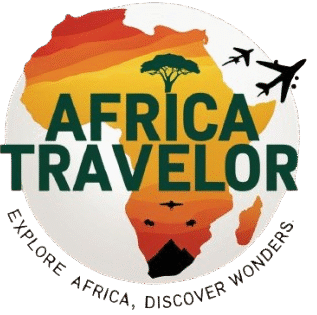
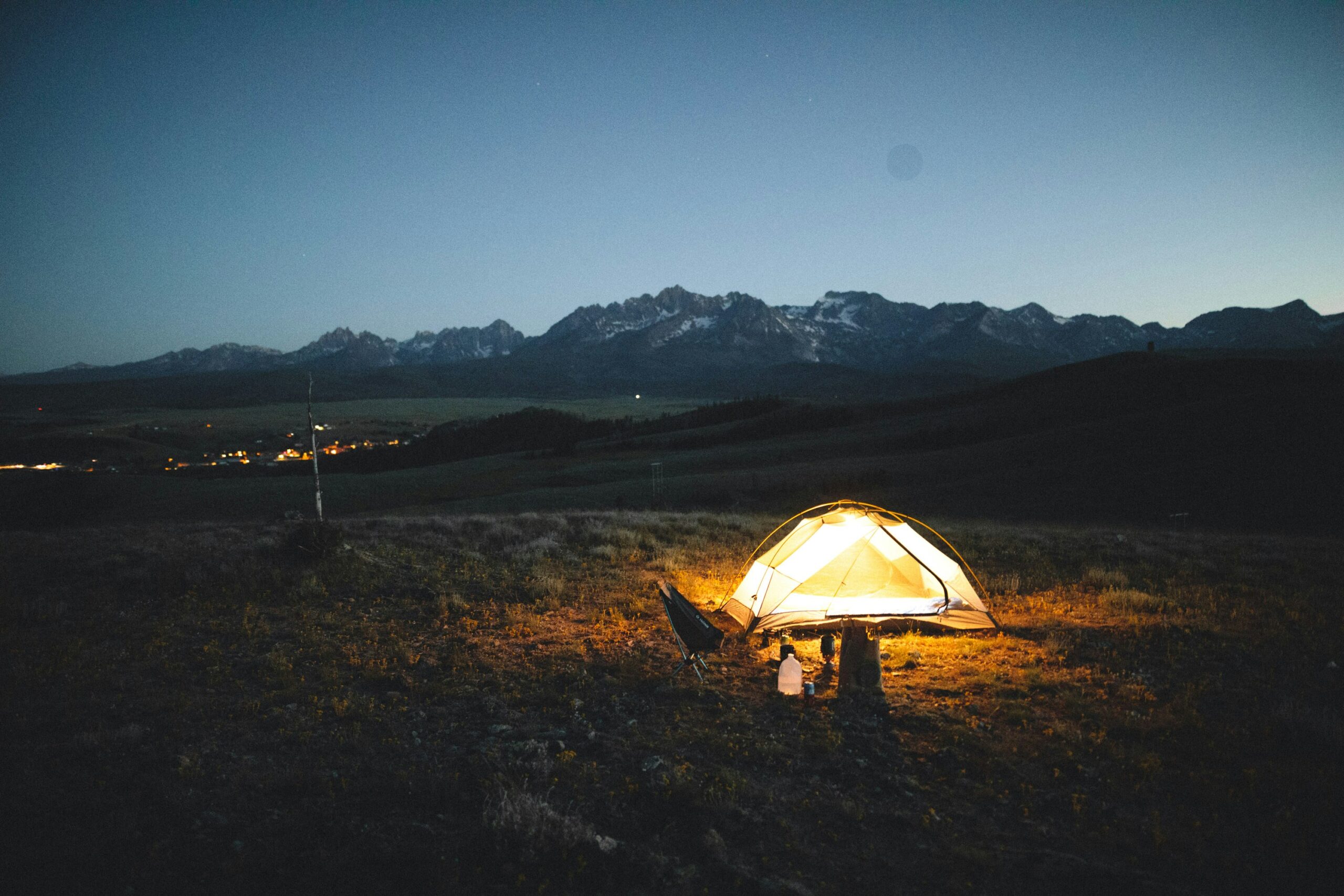
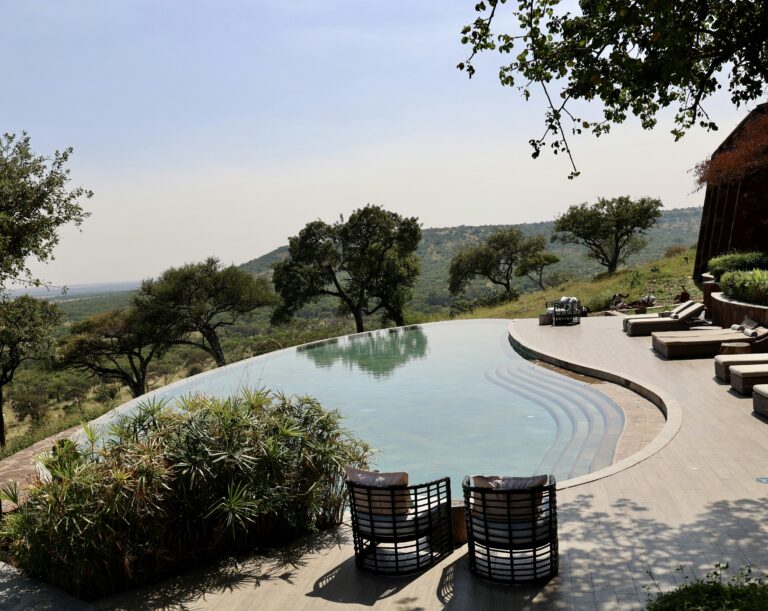
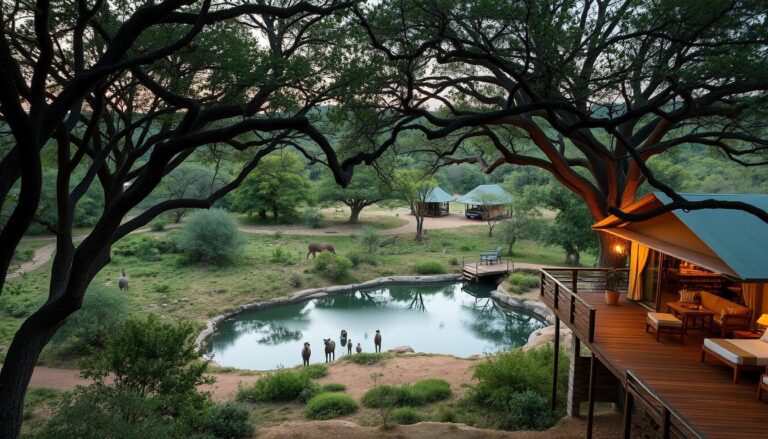
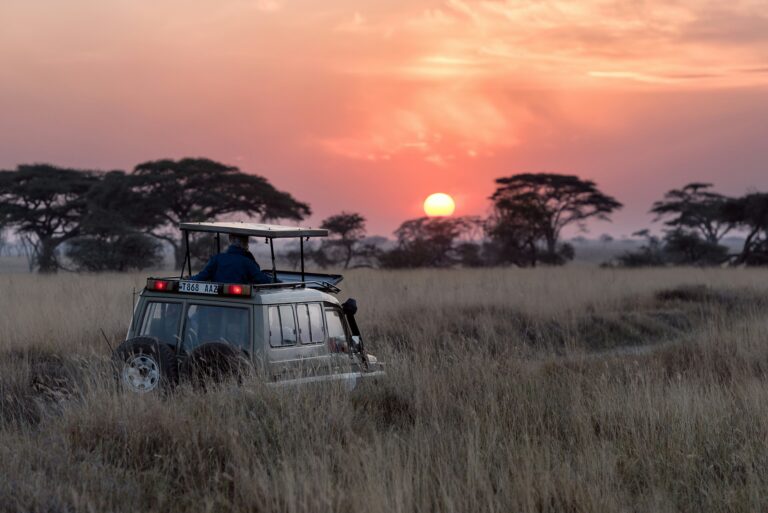
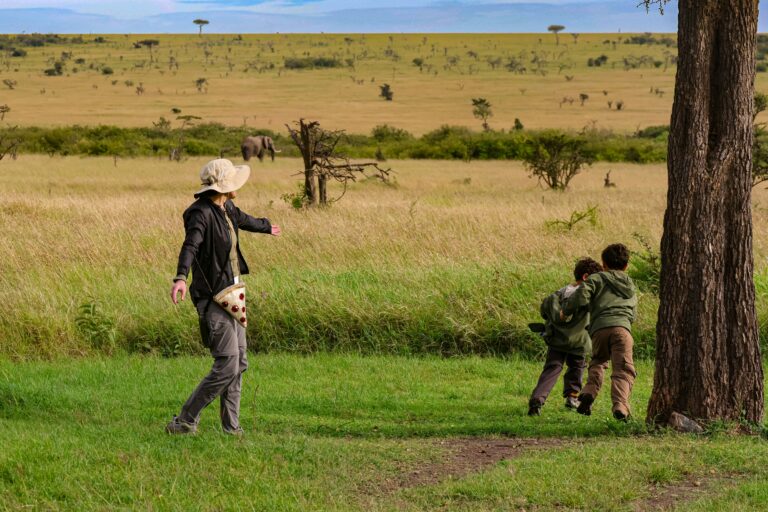
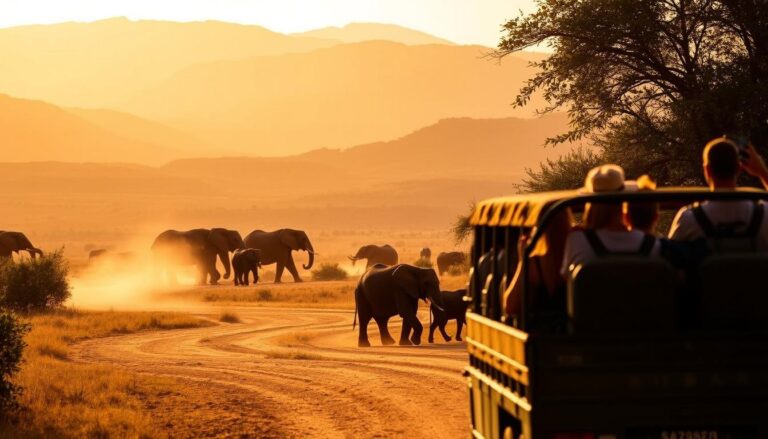
One Comment